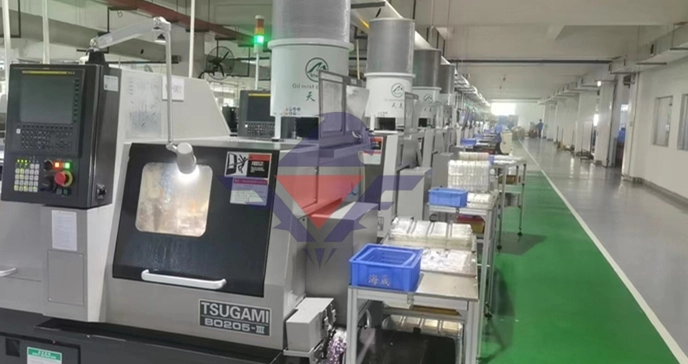
# Endotoxin Detection Kits for Accurate Bacterial Toxin Measurement
## Understanding Endotoxins and Their Impact
Endotoxins are lipopolysaccharides (LPS) found in the outer membrane of Gram-negative bacteria. These toxic substances can cause severe immune responses in humans and animals, making their detection crucial in pharmaceutical production, medical device manufacturing, and water quality testing.
## The Importance of Reliable Endotoxin Testing
Accurate endotoxin measurement is essential for:
– Ensuring pharmaceutical product safety
– Validating medical device cleanliness
– Monitoring water purification systems
– Maintaining compliance with regulatory standards
## How Endotoxin Assay Kits Work
Keyword: Endotoxin Assay Kits
Modern endotoxin detection kits utilize the Limulus Amebocyte Lysate (LAL) test, which is based on the blood of horseshoe crabs. When endotoxins are present, they trigger a clotting reaction in the LAL reagent, allowing for precise quantification.
### Types of Endotoxin Assay Kits Available
– Gel-clot kits: Simple qualitative or semi-quantitative tests
– Chromogenic kits: Provide quantitative results through color change
– Turbidimetric kits: Measure cloudiness development
– Recombinant Factor C (rFC) kits: Animal-free alternatives
## Choosing the Right Endotoxin Detection Kit
When selecting an endotoxin assay kit, consider:
– Sensitivity requirements
– Sample matrix compatibility
– Throughput needs
– Regulatory compliance
– Cost-effectiveness
## Best Practices for Endotoxin Testing
To ensure accurate results:
– Maintain proper sample handling procedures
– Control environmental contamination
– Validate test methods regularly
– Train personnel adequately
– Follow manufacturer instructions precisely
## Applications Across Industries
Endotoxin detection kits serve critical roles in:
– Pharmaceutical manufacturing
– Biotechnology research
– Medical device production
– Food and beverage processing
– Environmental monitoring
## The Future of Endotoxin Detection
Advancements in endotoxin testing technology continue to improve:
– Detection sensitivity
– Testing speed
– Method standardization
– Animal welfare considerations
– Automation capabilities
By utilizing high-quality endotoxin assay kits, industries can maintain product safety, comply with regulations, and protect public health while benefiting from reliable, reproducible test results.
Comments are closed